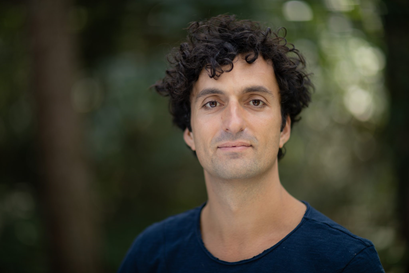Mark Graham, University of Oxford, UK
Title: Action Research in the Digital Economy: The Fairwork Project

Abstract: Though the digital platform economy in some contexts has created new employment opportunities, work in the platform economy has been widely criticized for its often precarious and exploitative character. One central mechanism through which digital platforms construct and conceal exploitative employment relations are information asymmetries among platforms, workers, and consumers. These information asymmetries are created through, among other things, a lack of transparency on how platforms allocate work, calculate payments, and use customer reviews for incentive structures and other rating-based work outcomes. Against this backdrop, the Fairwork project conducts action research to tackle these information asymmetries. In this talk, I introduce the Fairwork project and provide critical insights into our engagement with platforms as an action research strategy. I explain how this action research strategy can be effectively deployed both in the gig economy, and across the supply chains of AI.
Bio: Professor of Internet Geography at the Oxford Internet Institute and Research Affiliate in the University of Oxford’s School of Geography and the Environment, among other institutions. Mark leads a range of research projects spanning topics between digital labour, the gig economy, internet geographies, and ICTs and development. Together with colleagues on three continents, Mark, with a group of labour lawyers and labour sociologists, has founded the participatory action research project called Fairwork, which has now grown to an international project team of over 200 people in 39 countries. It has brought together key stakeholders around the world – including workers, trade unions, platforms, and policymakers – to set minimum fair work standards for the gig economy. Mark also leads the ‘Digital Inequality Group‘ of researchers at Oxford. His research has focused on digital entrepreneurship and the ways that conditions in African cities shape practices of local entrepreneurs (as part of a large project about African ‘knowledge economies‘), and on how the internet can impact production networks (of tea, tourism, and outsourcing) in East Africa, and asked who wins and loses from those changes. He serves as editor of the journal Environment and Planning A, and as an editorial board member of Information, Communication & Society; New Technology, Work and Employment; Geo: Geography and Environment; Global Perspectives; Digital Geography and Society; Work Organisation, Labour and Globalisation; and the Weizenbaum Journal of Digital Society.



